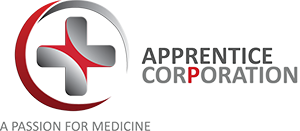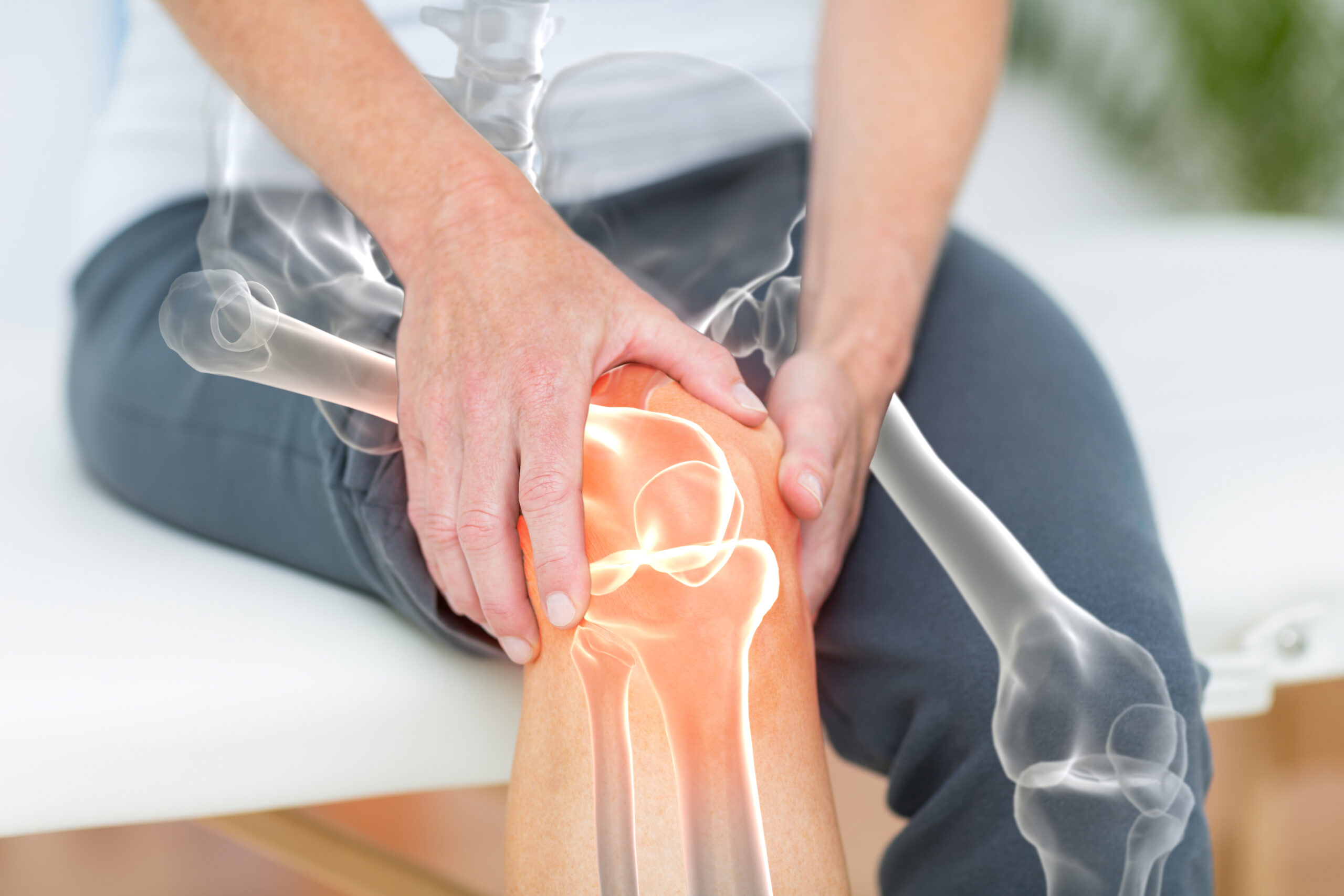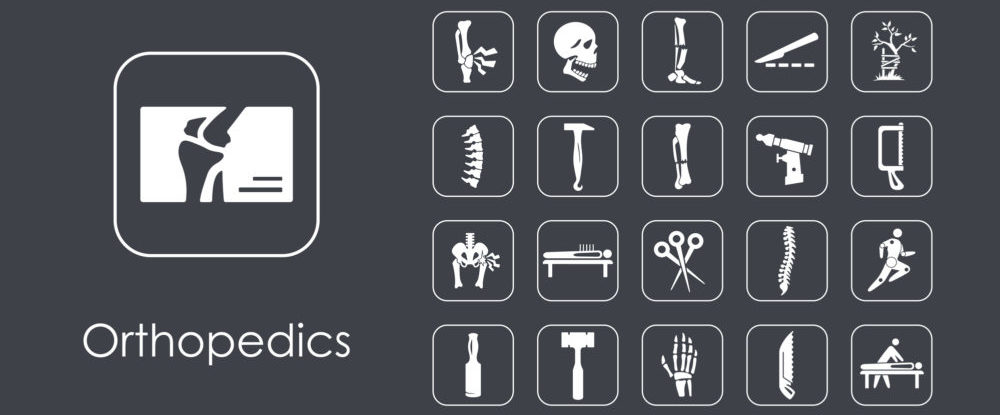What is Orthopedics?
Orthopedics is the medical specialty that focuses on the diagnosis and treatment of the musculoskeletal system. An Orthopedic Surgeon treats patients who suffer from disorders of the bones, joints, muscles and associated structures like ligaments, tendons, nerves, bones and skin. They diagnose and treat a wide range of bone and skeletal problems, from performing minor surgery like treating minor injuries e.g. a broken toe and the repair of a lacerated tendon to major surgery e.g. performing a knee replacement procedure and lumbar spine surgical procedures. Thanks to doctors specialized in this area of medicine, patients suffering from injuries and diseases of the musculo-skeletal system can be rehabilitated so they can move, work and lead an active life.
What do Orthopedic Surgeons do?
Orthopedic Surgeons endeavors to improve mobility by:
- Examining, evaluating and diagnosing injuries or disorders of the musculoskeletal system.
- Restoring patient’s strength and movement.
- Developing and recommending treatment plans (including medication, exercise, and/or orthopedic surgery).
- Tailoring physical therapy to each patient’s condition.
- Informing people about the prevention of bone and joint injuries.
- Contributing to patient’s rehabilitation.
- Halting or slowing disease progression and taking steps to prevent/minimize complications.
- Discussing treatment options with patients and helping them choose the best treatment plan to regain health, mobility, function and maximize independence.
Orthopedic Areas of Expertise
Orthopods can choose general orthopedics or may specialize in one or several areas, such as:
- Spine Care – Treatment of back and neck pain, as well as all types of spine disorders.
- Hand and Upper Extremity – Treats conditions affecting the hands, arms, elbows, wrists and shoulders due to injuries, trauma, arthritis or congenital malformations.
- Toe, Foot and Ankle – Focuses on injuries or conditions including cartilage injuries, fractures, tendon ruptures, arthritis, osteoarthritis.
- Joint Care and Replacement – Addresses patients suffering from degenerative joint diseases which can include hip or knee replacement and arthroscopy.
- Trauma or Sports Medicine – Concerns the prevention, treatment and rehabilitation of sports injuries.
- Pediatric Orthopedics – Provides diagnosis, nonsurgical and surgical care for newborns and children up to teenagers.
- Physical Medicine and Rehabilitation – Restores the health and lost body functions following sports injuries, amputation, joint replacement or spinal disorders.
- Orthopedic Oncology – Treats benign and malignant bone or soft-tissue tumors.
The Career Path of an Orthopedic Surgeon
Orthopedic surgeons have to keep up with the development of noninvasive diagnostic methods and advances in the treatment of musculoskeletal diseases and injuries. Mastery in this field is accomplished through extensive training, research and continuous improvement of orthopedic skills and knowledge. In general, Orthopods complete up to 14 years of formal medical education. According to the American Academy of Orthopaedic Surgeons (AAOS), this includes:
- 4 years of college or university.
- 4 years of medical school.
- 5 years of orthopedic residency at an approved academic training hospital.
- 1- 3 years of specialized education (optional).
Certified Orthopedic Surgeons are required to pass oral and written exams as well as practical and clinical evaluations, all of which are organized by The American Board of Orthopedic Surgery. If you’re not sure if becoming an orthopedic surgeon is the right field for you, an inexpensive orthopedic kit and course can help you find out before you invest a lot of time and financial resources.
Career Opportunities
Orthopods have the opportunity to work alongside other health care professionals by joining multidisciplinary teams that treat complex multi-system trauma (poly-trauma) cases. They can serve as team physicians and orthopedic consultants or provide highly specialized orthopedic care for professional or high school sports teams and Olympic athletes. Orthopedic doctors also play a crucial role in managing and delivering emergency care.
Learn Initial Orthopedic Skills today!
Get practical experience and insight into basic orthopedic surgical principles. Suture the surgical wound in layers. Practice various open and closed reduction methods. Practice at home or wherever you are.
Our kit provides illustrated examples of hands-on basic surgical skills and an orthopedic course with accompanying simulation kit. Use the orthopedic kit to complete the online future doctor’s orthopedic course! Gain dozens of basic surgical & orthopedic skills. The Future Doctors Academy Orthopedic Course and Fracture Reduction Kit are ideal for basic surgical skills workshops’ to train a wide variety of medical professionals.
With the kit, lay a solid foundation for these surgical skills:
- Basic surgical principles.
- Sterility and aseptic technique.
- Good lighting.
- Sharps safety.
- Scalpel holds.
- Incision
- Dissection and hemostasis.
- Wound closure in layers.
- Suturing and knot tying techniques.
- Wound dressing.
- Orthopedic principles.
- Reduction, fixation and immobilization.
- Casts, splints and slings.



It is good to see all of this explained out very well since I’d assume people think all surgeons and doctors are the same. I do like how that with an orthopedic surgeon, that they have areas of expertise. For whatever problem I’d be dealing with, I’d for sure go with one who specialized in that area.
It was helpful when you explained that orthopedic surgeons can help patients choose the best plan by discussing treatment options with them. I’ve been suffering from pain and decreased mobility in my shoulder for a while, and it’s gotten bad enough that I want to seek treatment soon. I’m glad I read your article because now I can see why talking to an orthopedic shoulder surgeon about my options would be a smart move.
I really like how you said that an orthopedic surgeon halts or slows disease progression and takes steps to minimize complications. Last week, my brother was playing football when he was tackled and severely injured his foot. It might be a good idea for him to see an orthopedist to be sure he didn’t hurt any of the tendons in his foot.
Thank you for your comment – if in doubt rather see an orthopedist and be sure.